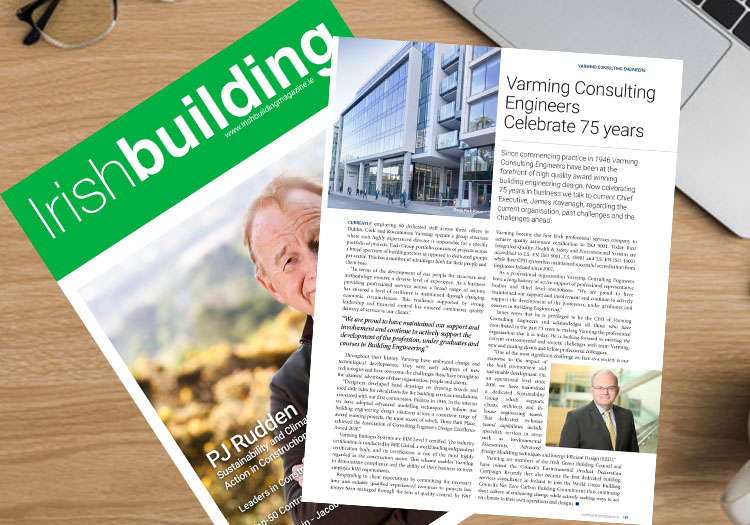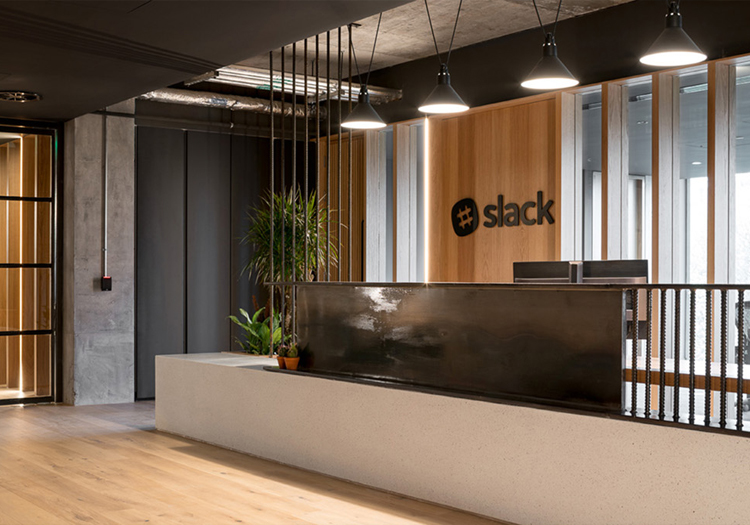
Why & When to Choose Monocrystalline Photovoltaic Panels
At Varming Consulting Engineers Ltd., we’ve been involved with building design since the 1940s and during that time we’ve used many different kinds of energy-saving technology in our client projects. One such technology comes in the form of monocrystalline photovoltaic (PV) panels, which help buildings to reduce their overall carbon footprint.
Able to turn solar energy into usable electricity, PV panels come in a variety of different types, however there are three main varieties:
-
Monocrystalline solar panels
-
Polycrystalline solar panels
-
Thin film solar panels
Out of the three, the type you’ll find most commonly on roof-top solar installations are monocrystalline panels, with one of the reasons being their flat, black, unassuming aesthetics. However, that is far from the only reason why electrical engineers favour this particular type of PV panel.
Ideal for Installations Requiring High Efficiency
While monocrystalline panels are more expensive than others because of the way that they’re manufactured, that cost is quickly recouped due to their power rating and the high efficiencies that they offer. An example of their ideal setting would be NZEB projects, like the Ard Bán Housing Development, Letterkenny the Varming team was recently part of.
Of course, the great thing about PV panels is that they harness the abundant energy that comes from the sun, however, monocrystalline panels are so efficient in what they do that they often create a surplus of energy, which can then be sold back to power companies, helping to reduce operating costs.
Talk to Our Experts Today
Monocrystalline panels represent just one of the many options used by our M & E consulting engineers and we’re committed to creating the most environmentally friendly buildings and services that we can. If you’d like to know more about anything we’ve talked about here, you should visit us online at www.varming.ie.
Alternatively, if you would like to talk to one of our experts about your building project requirements, you can get in touch by calling us on 01 4872300.

